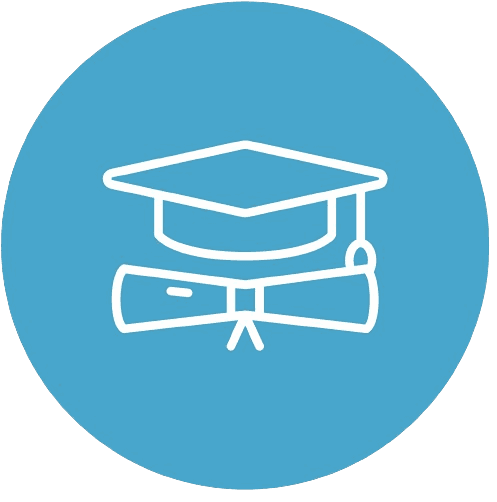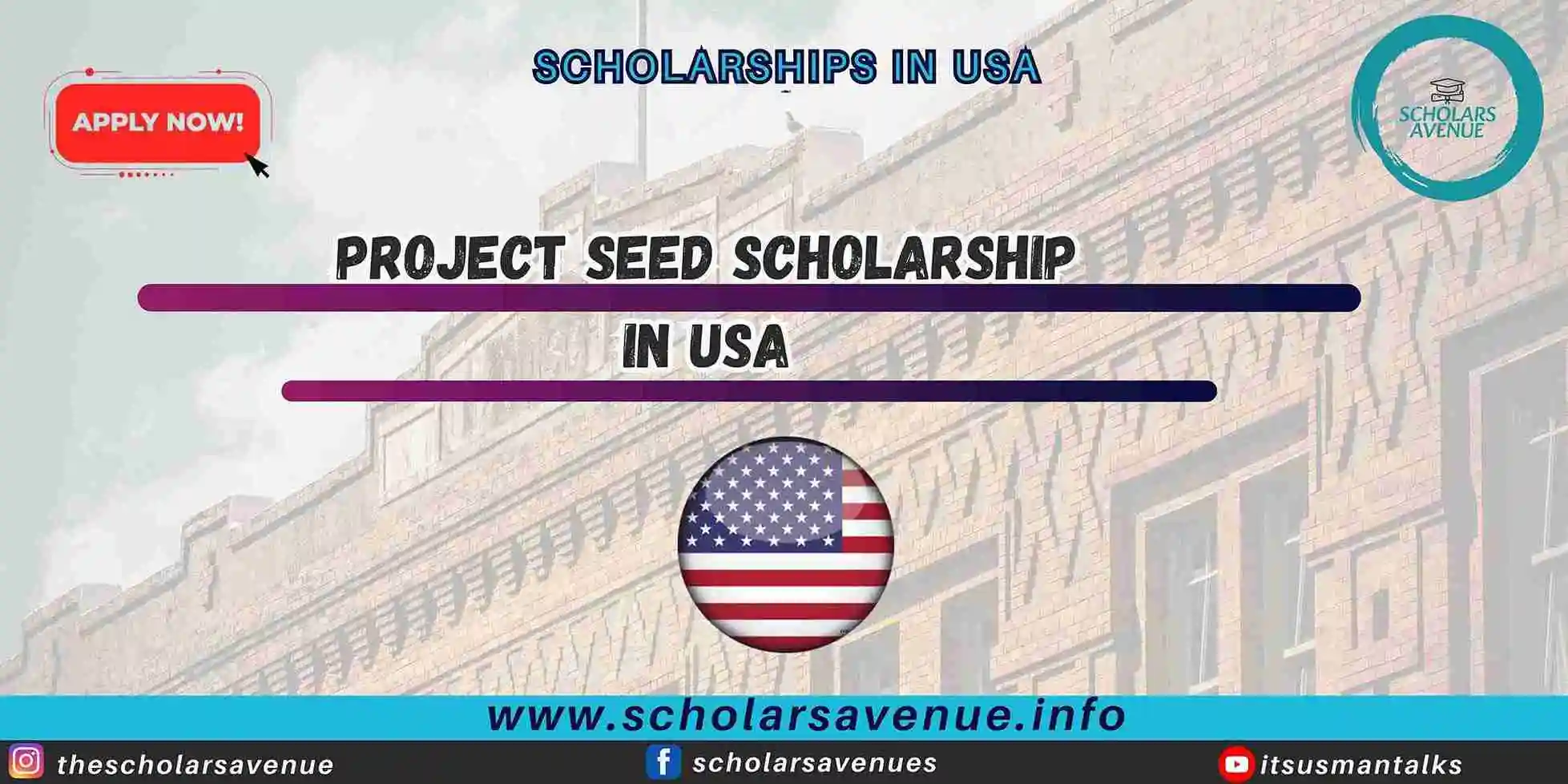Switzerland has long been considered one of the world’s most prestigious destinations for higher education. With its excellent universities, extraordinary research opportunities, multilingual environment (German, French, Italian, English), and strong economy, many international students aspire to study in Switzerland. Whether you wish to pursue a Bachelor’s degree, a Master’s programme, or doctoral research, the country offers diverse study options, high academic standards, and exposure to global perspectives.
To study in Switzerland successfully, one must navigate several steps: finding the right course and institution, completing applications correctly, managing tuition and funding, and fulfilling visa requirements. This guide covers all those areas in detail, with specific information on searching programmes, applying via university portals, understanding costs & scholarships, visa process, and everything in between. By the end, you should feel equipped and confident to plan your own path to study in Switzerland.
Also check, Newcastle University Scholarships 2026 Application Process
1. Searching Courses & Universities
- Begin by using the official Swiss programme databases like studyprogrammes.ch and studyinswitzerland.plus. These platforms list all degree programmes (Bachelor, Master, PhD) across Swiss universities, applied sciences, arts, etc.
- Filter by language of instruction, field of study, level, duration, institution type, and location. Language is often German, French, or Italian for many Bachelor’s; English is more common in Master’s / international programmes.
- Note intake dates and deadlines (Swiss universities often have autumn/September intake; some have spring or February, depending on programme).
- Compare universities: research output, facilities, internship or lab opportunities, international student support, and campus life.
2. Application through University Portal
- Once you have identified programmes, apply through each university’s official online application portal. Each institution sets its own requirements. Typical documents:
- Academic transcripts and degree certificates from prior education
- Proof of language proficiency (IELTS, TOEFL or equivalent, or French/German if required)
- Motivation letter / statement of purpose, especially for Master’s / PhD applications
- Curriculum Vitae / résumé
- Letters of recommendation
- Sometimes standardized test scores (GRE, GMAT) if required
- Check each university’s application deadline; missing the deadline can mean waiting another semester.
- After your application is accepted, you will receive an offer letter or acceptance letter which is essential for visa / residence permit application.
3. Tuition Fees and Scholarships
- Tuition Fees:
- Many public universities in Switzerland charge moderate tuition. For example, ETH Zurich currently charges about CHF 730 per semester, though starting in autumn 2025 foreign student fees will rise for ETH / EPFL.
- For some universities, international students pay higher fees than Swiss/EU students. Universities like Bern, St. Gallen, Neuchâtel, etc., have surcharges.
- At other universities, both Swiss and non-Swiss students pay similar fees for many programmes.
- Living Costs:
- Estimated cost of living in Switzerland is around CHF 1,800-2,000/month for an international student (including accommodation, food, transport, insurance, miscellaneous).
- Accommodation, health insurance, and food tend to be major costs. Smaller towns / shared housing reduce cost.
- Scholarships & Financial Aid:
- Swiss Government Excellence Scholarships are among the prime options for postgraduate/research students.
- Universities such as Lausanne, Bern offer grants or “Excellence Scholarships” for outstanding international Master’s students.
- Additional opportunities: merit-based scholarships, monthly stipends (in some cases), grants from international organizations & foundations. Always check each university’s website.
Also check, Public Universities in Latvia
4. Requirements for Visa Application
- If you are from a non-EU / EFTA country and plan to stay in Switzerland for more than 90 days to study, you must apply for a national “D” visa before entry.
- Documents usually required:
- Valid passport
- Acceptance / offer letter from the Swiss university
- Proof of sufficient financial means (to cover tuition + living costs) — amount varies by canton/university.
- Proof of accommodation in Switzerland
- Evidence of health insurance coverage valid in Switzerland
- Passport-sized photos, previous educational certificates, possibly a CV or study plan / motivation letter
- Process details:
- Apply at least 3 months before your programme start date to allow processing time.
- After arrival in Switzerland, register with the relevant local / cantonal migration authorities; obtain a residence permit.
5. Additional Practical Considerations
- Language & Integration: Even if your programme is in English, knowing some German/French/Italian (depending on region) helps in daily life (shops, public transport, socializing).
- Housing: Begin searching early. University dorms fill up, shared apartments are cheaper but require documentation.
- Working Part-Time: Usually permitted (e.g. about 15 hours/week) for international students, but check restrictions in your canton and status.
- Health Insurance: Mandatory. Must have sufficient coverage; some cantons require you to have Swiss health insurance or approved equivalent.
Also check, Fully Funded Universities in USA without Application Fee for International Students
To truly study in Switzerland is to commit to excellence, discipline, and planning. The pathway includes choosing the right programme via resources like studyprogrammes.ch and studyinswitzerland.plus, meeting application requirements on university portals, managing tuition and living expenses (with scholarship help where available), and fulfilling visa / permit conditions ahead of time. Switzerland offers immense rewards and research opportunities, international exposure, high living standards but delays or under-preparation in any step can cost time or money.
Looking to maximize your chances of acceptance?
Consider using our Professional Services to polish your application and stand out from the crowd.
For detailed videos on relevant opportunities check out:
Frequently Asked Questions (FAQs)
Is it expensive to study in Switzerland?
Compared to other European countries, study in Switzerland is affordable in public universities, with tuition ranging from CHF 500–2000 per semester. However, living costs can be higher.
Can I study in Switzerland in English?
Yes, many universities allow you to study in Switzerland in English, especially at the Master’s and PhD levels, while Bachelor’s programs are often in local languages.
What are the best universities to study in Switzerland?
Top universities to study in Switzerland include ETH Zurich, EPFL Lausanne, the University of Geneva, the University of Zurich, and the University of Lausanne.
Are there scholarships available to study in Switzerland?
Yes! You can study in Switzerland through scholarships like the Swiss Government Excellence Scholarships, ETH Zurich Excellence Scholarship, and university-specific awards.
What are the visa requirements to study in Switzerland?
To study in Switzerland, you need an admission letter, proof of funds, health insurance, passport photos, and a valid study visa application submitted to the Swiss embassy.
Can international students work while studying in Switzerland?
Yes, international students can study in Switzerland and work up to 15 hours per week during the semester and full-time during holidays.
Is IELTS required to study in Switzerland?
Most universities require proof of English proficiency, so an IELTS or TOEFL score is often needed to study in Switzerland, unless you studied in English before.
What is the duration of degree programs in Switzerland?
When you study in Switzerland, Bachelor’s programs usually last 3 years, Master’s 1.5–2 years, and PhDs 3–5 years depending on the research area.
Is Switzerland a safe place for international students?
Absolutely! Choosing to study in Switzerland means living in one of the world’s safest and most stable countries, with excellent student support and quality of life.










